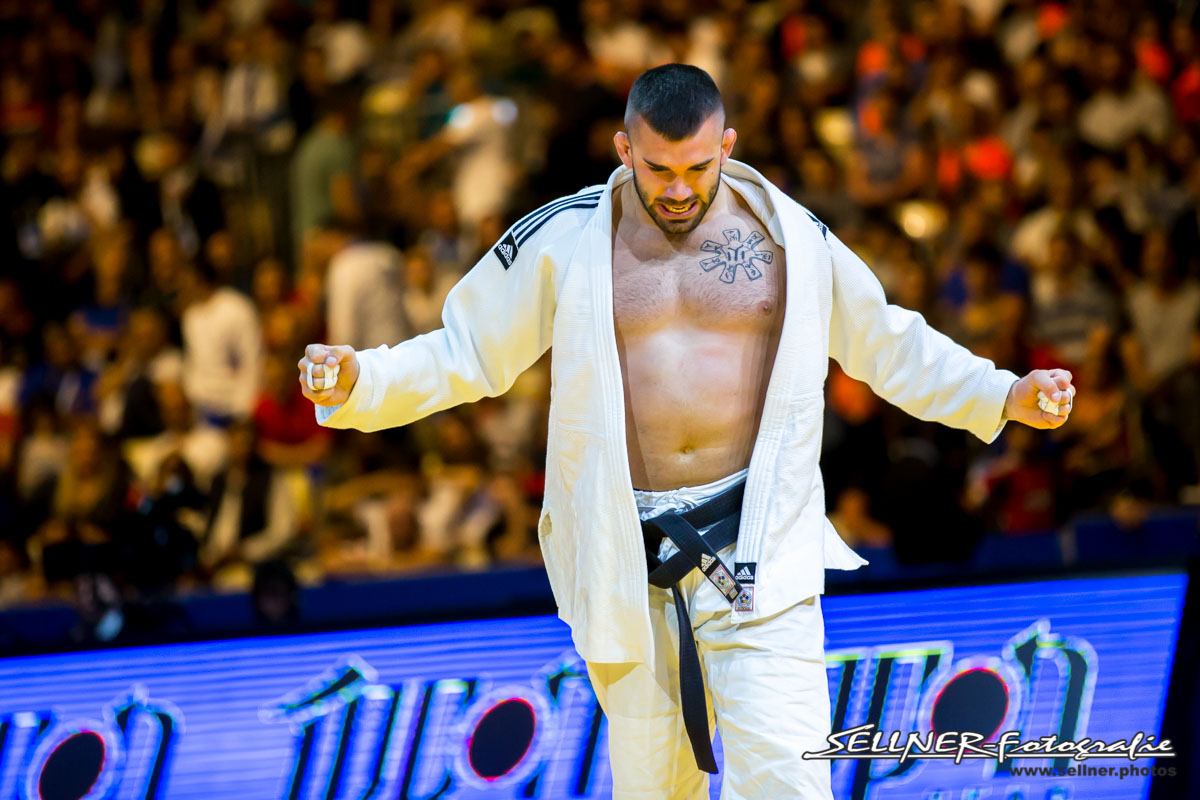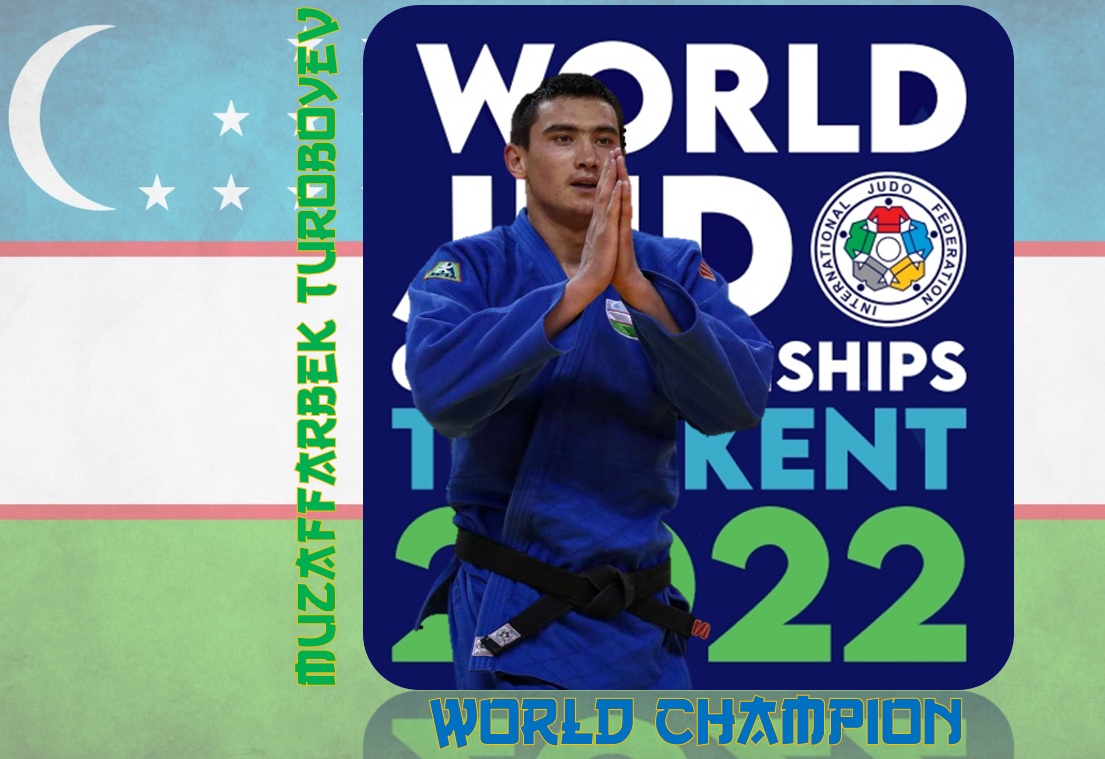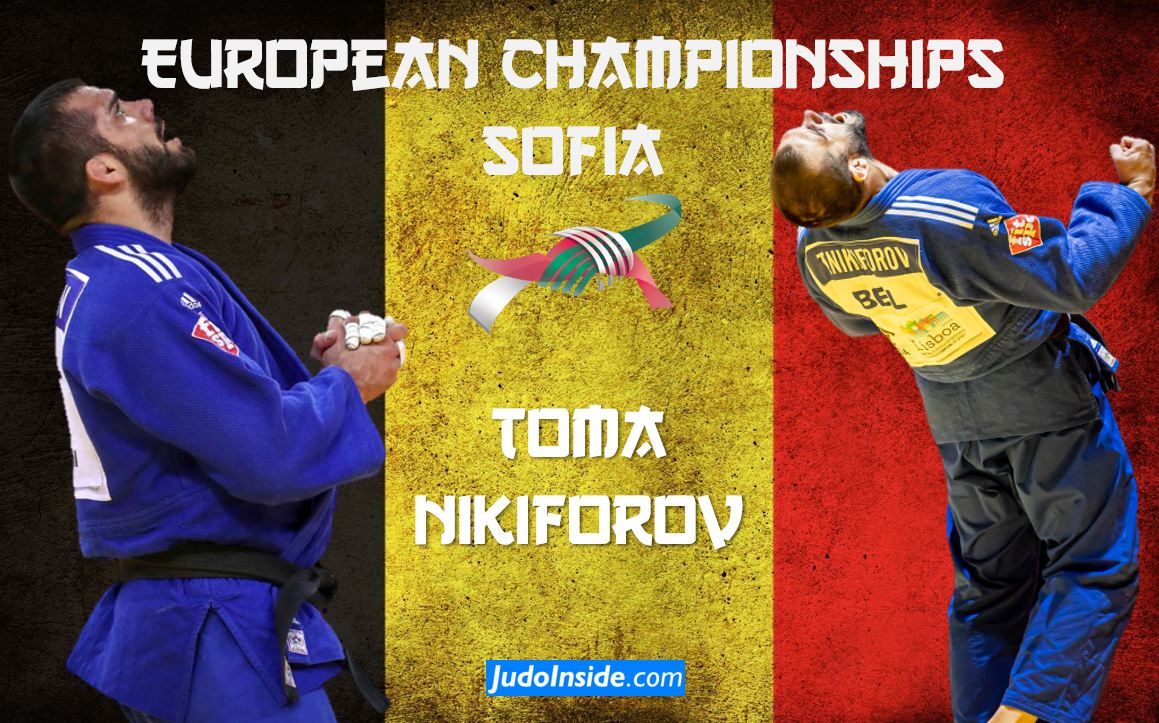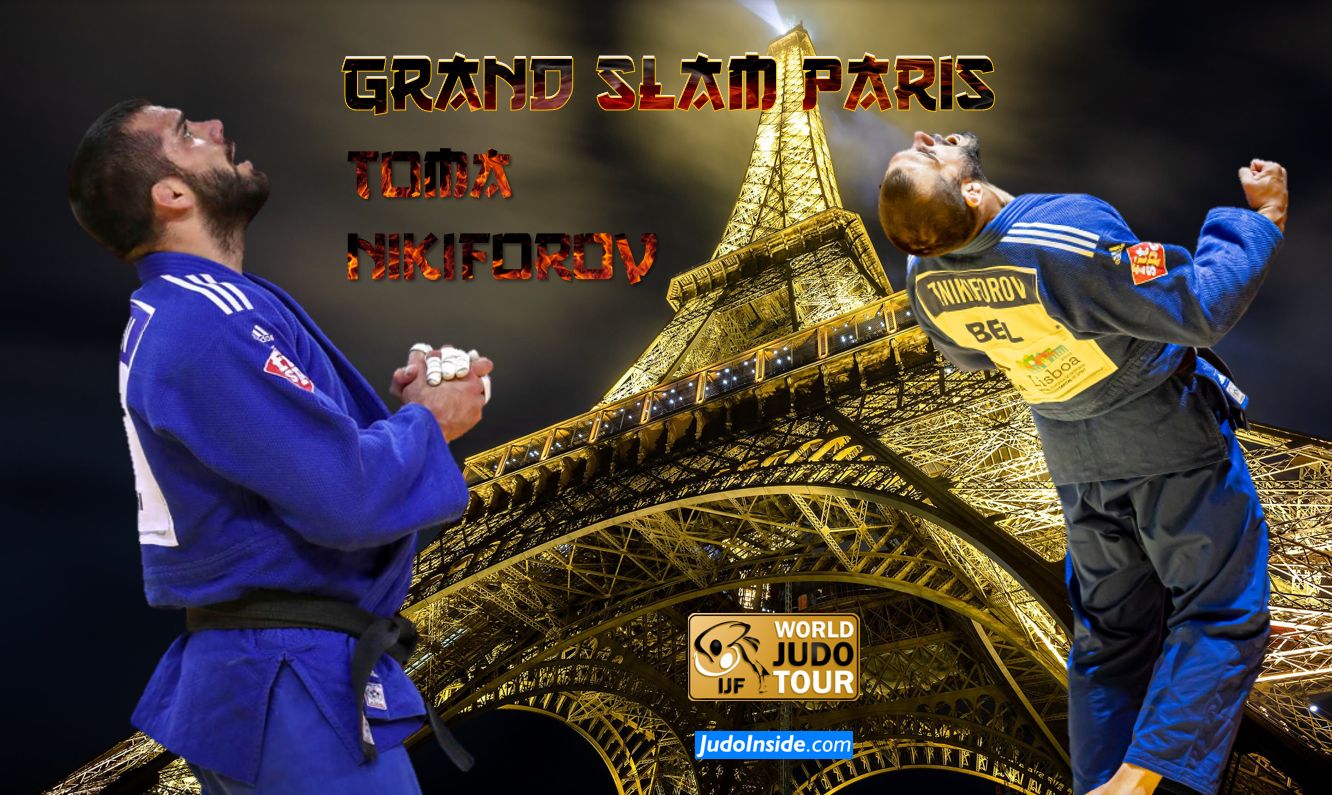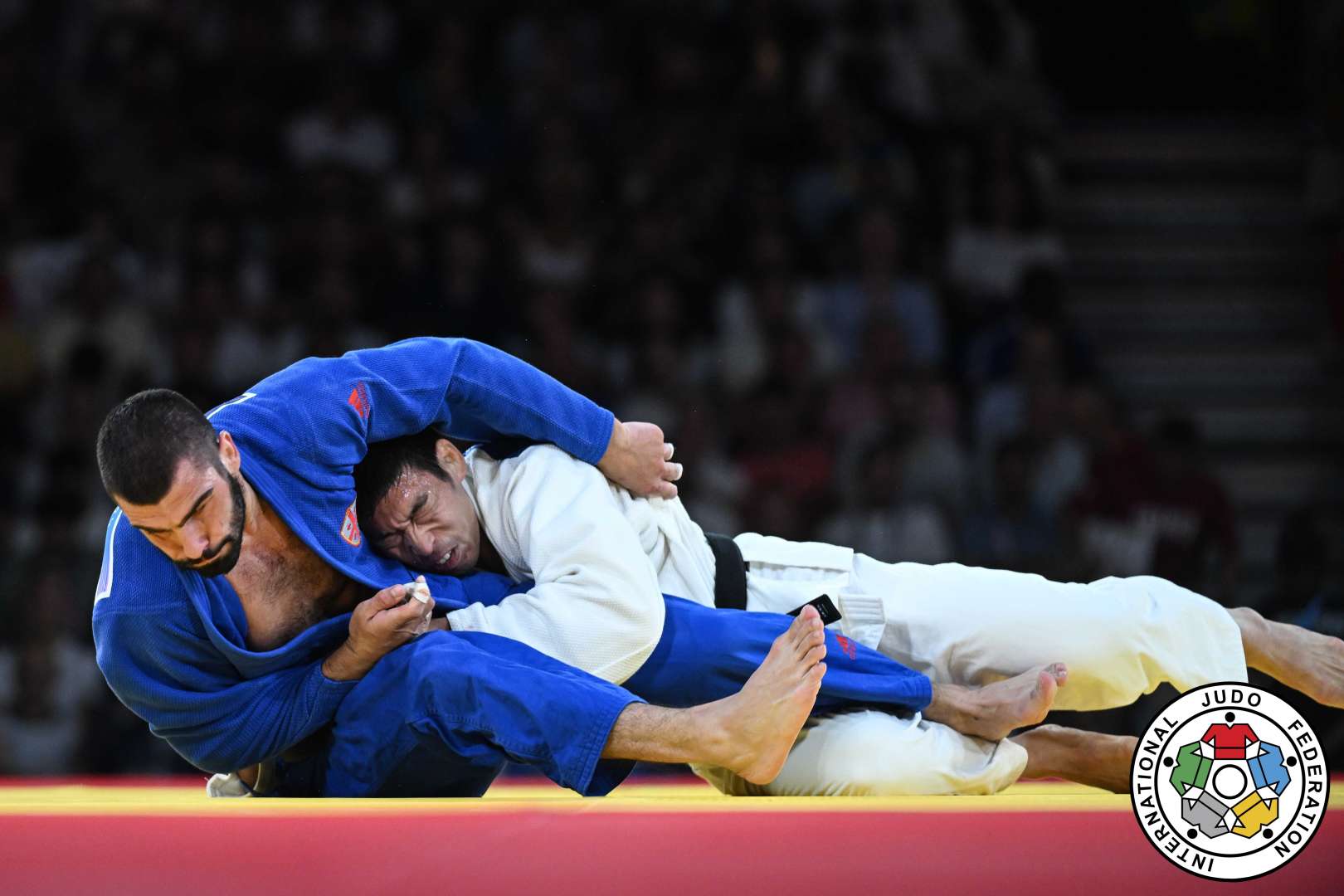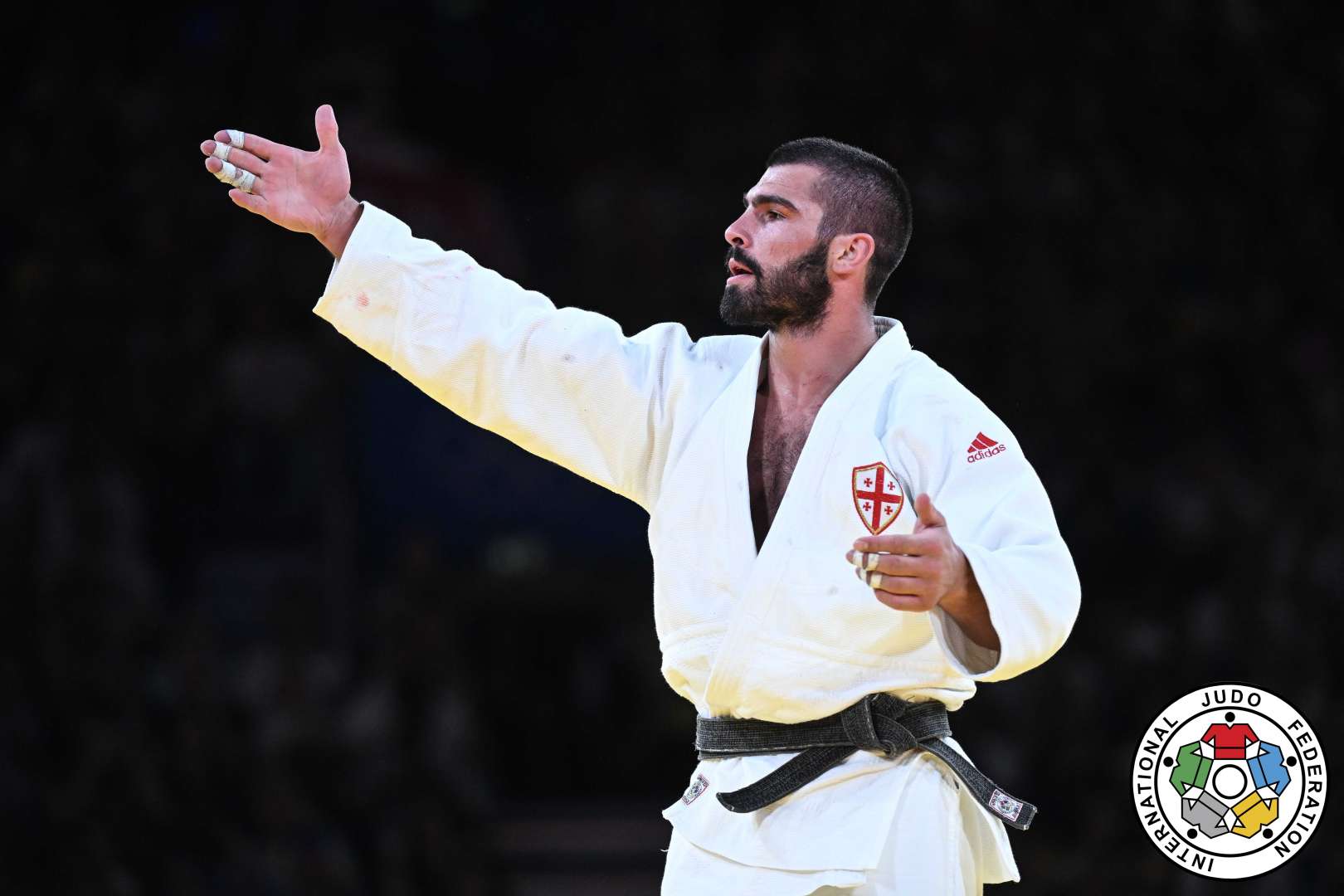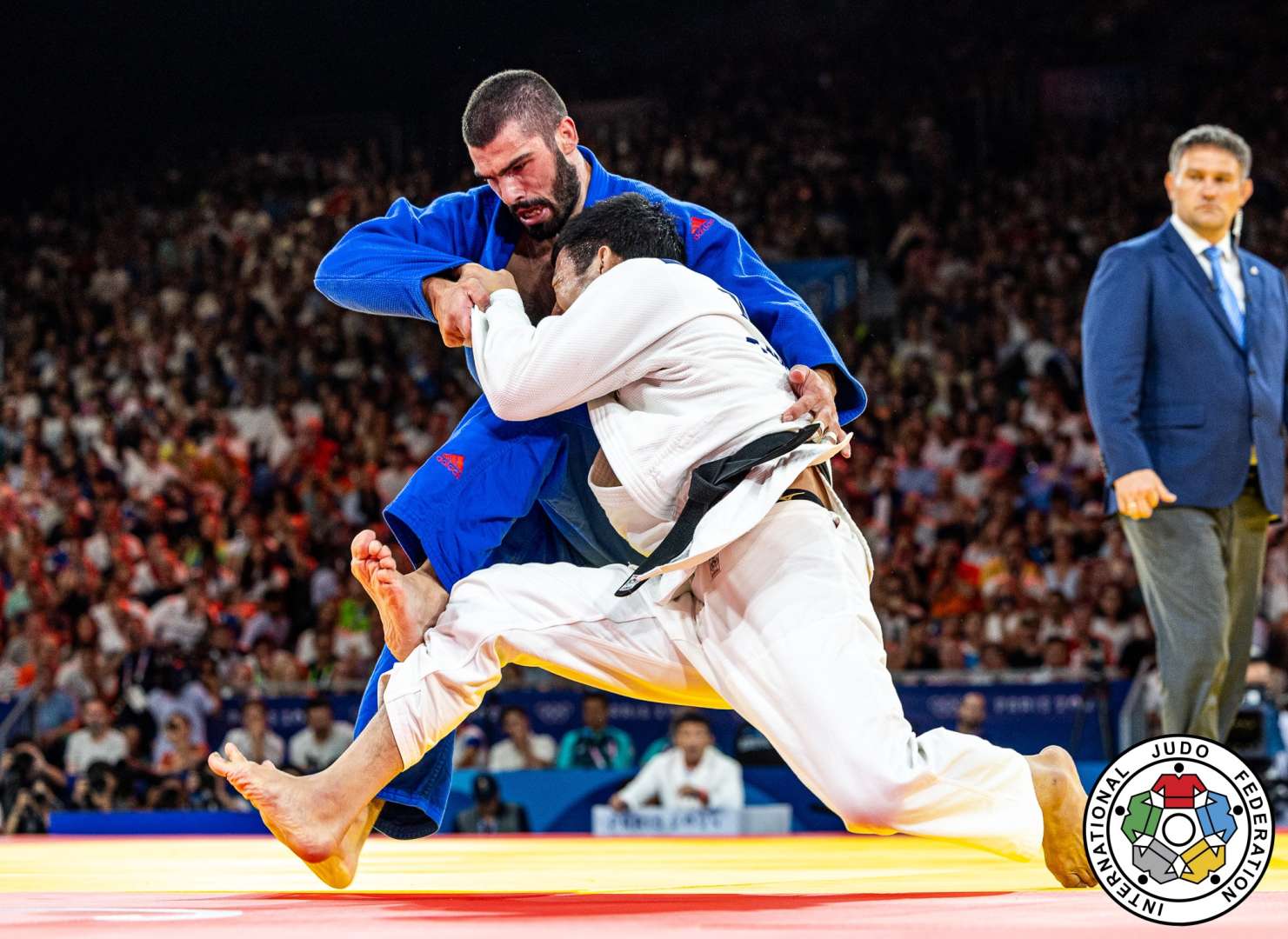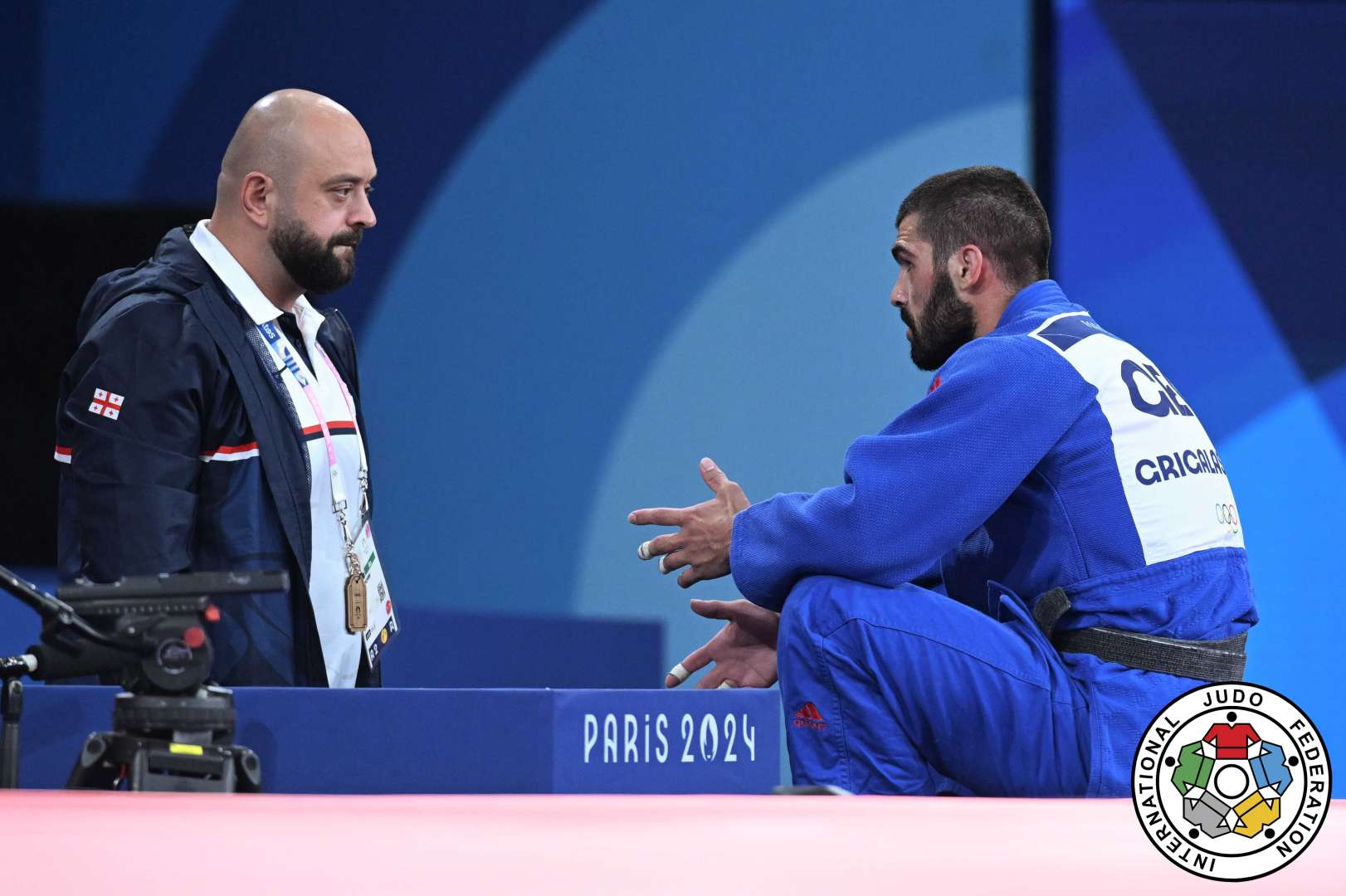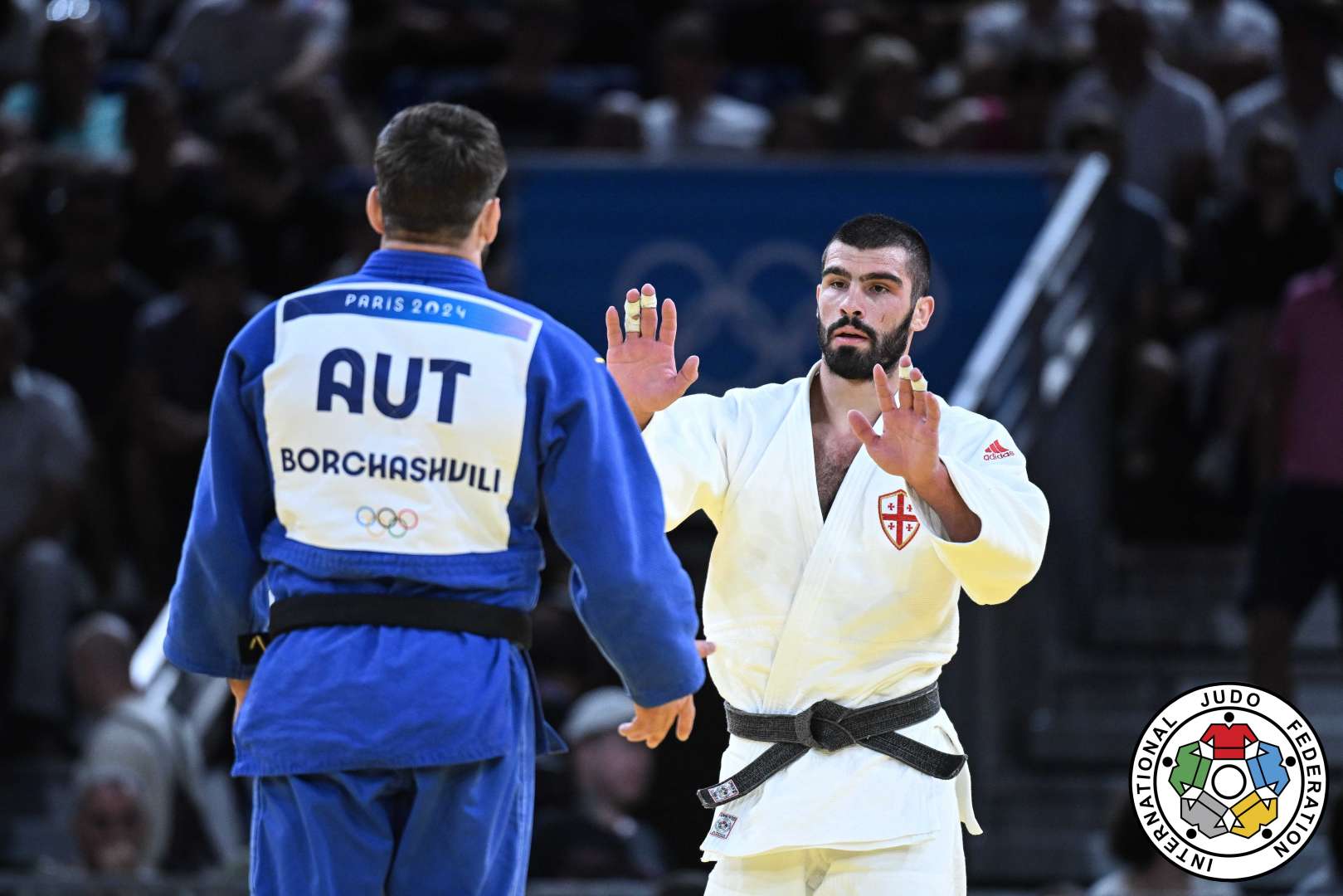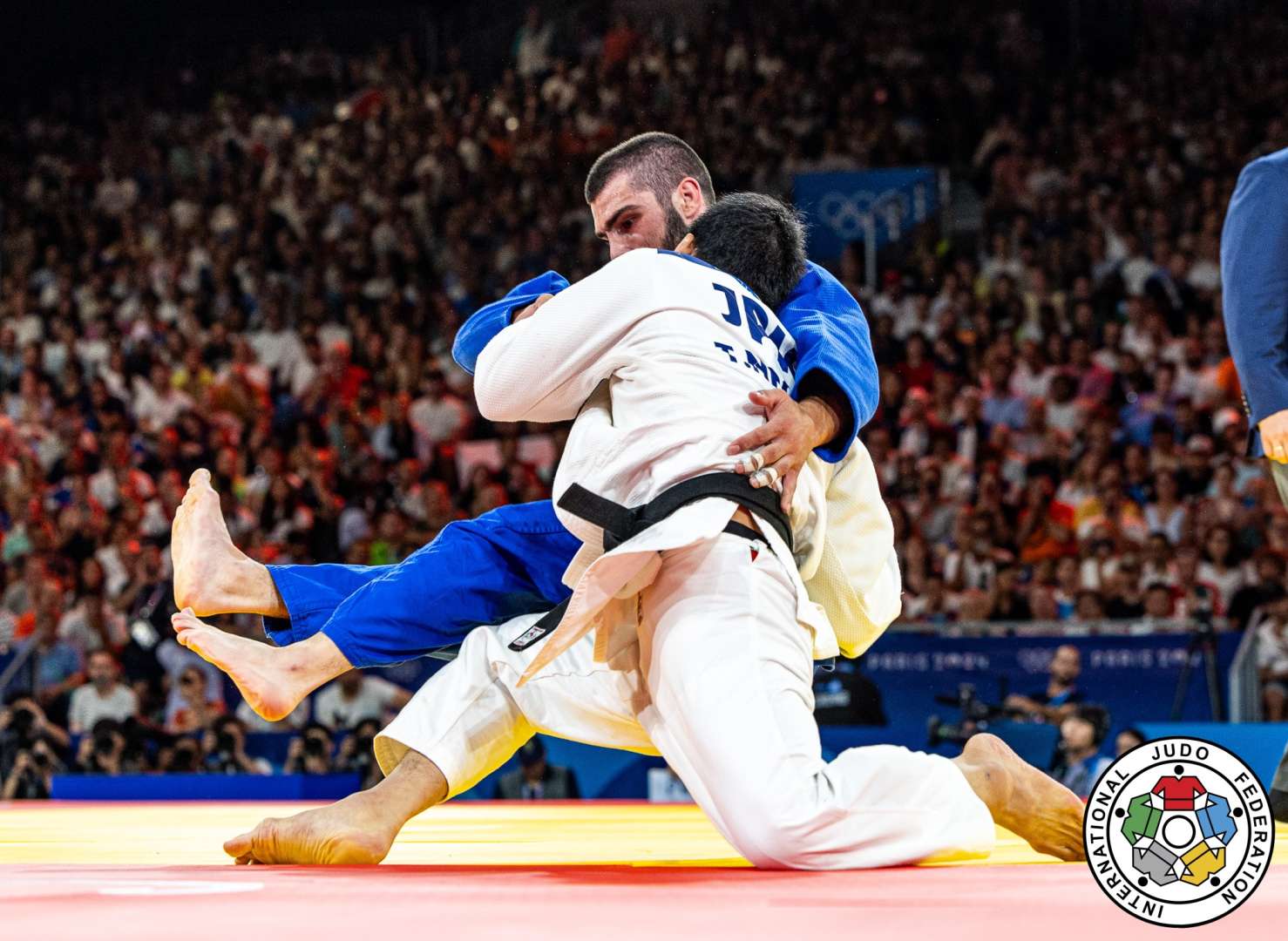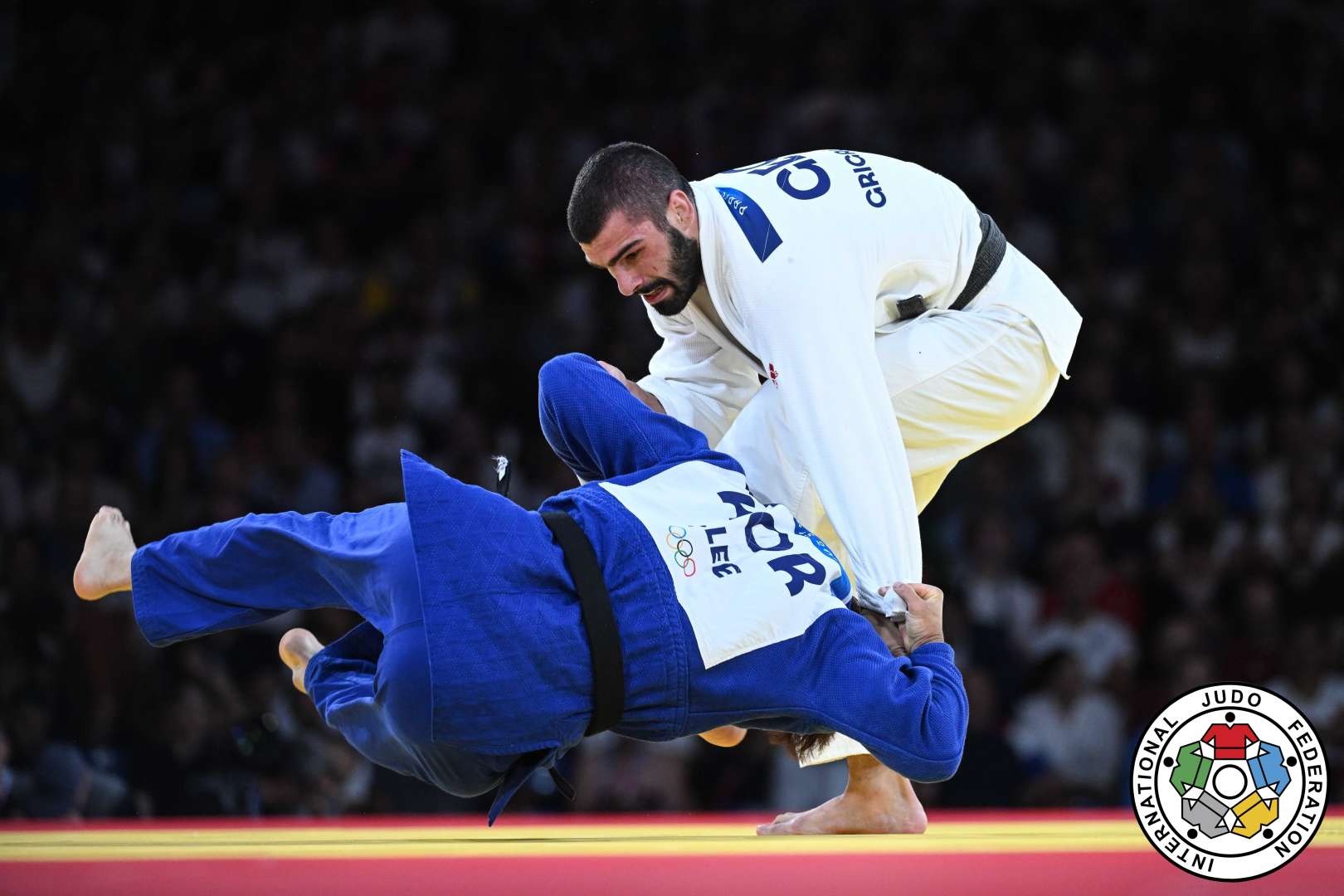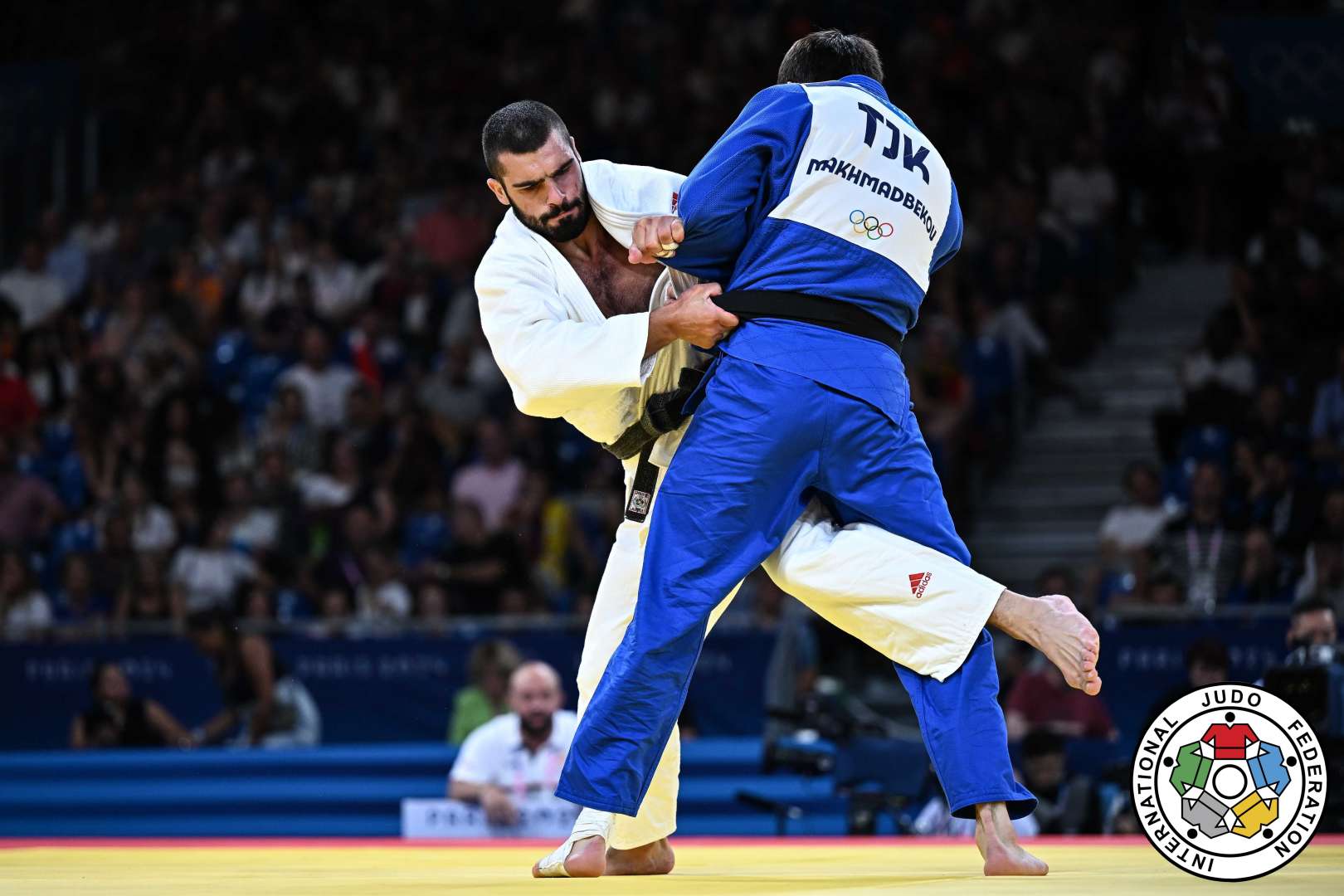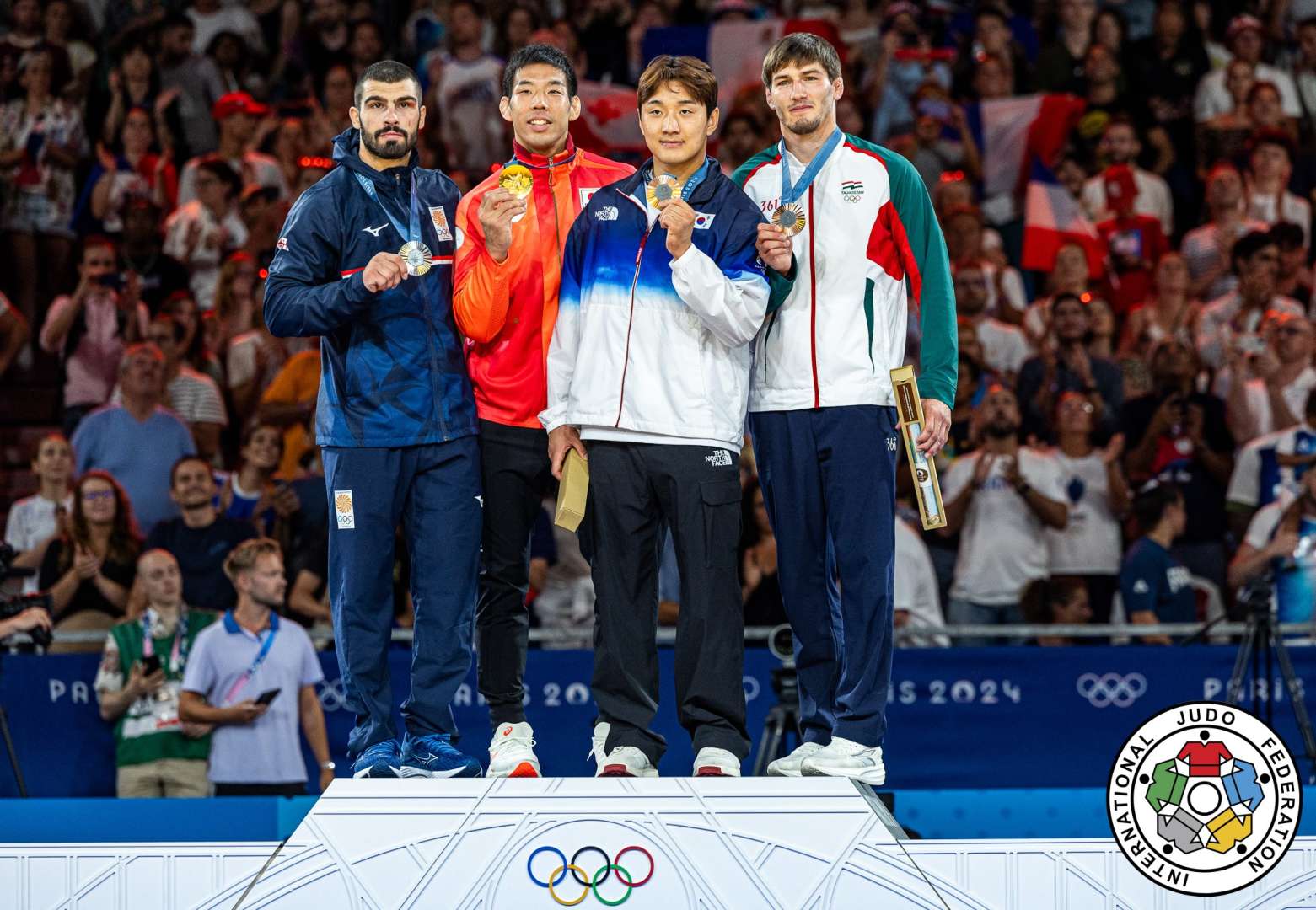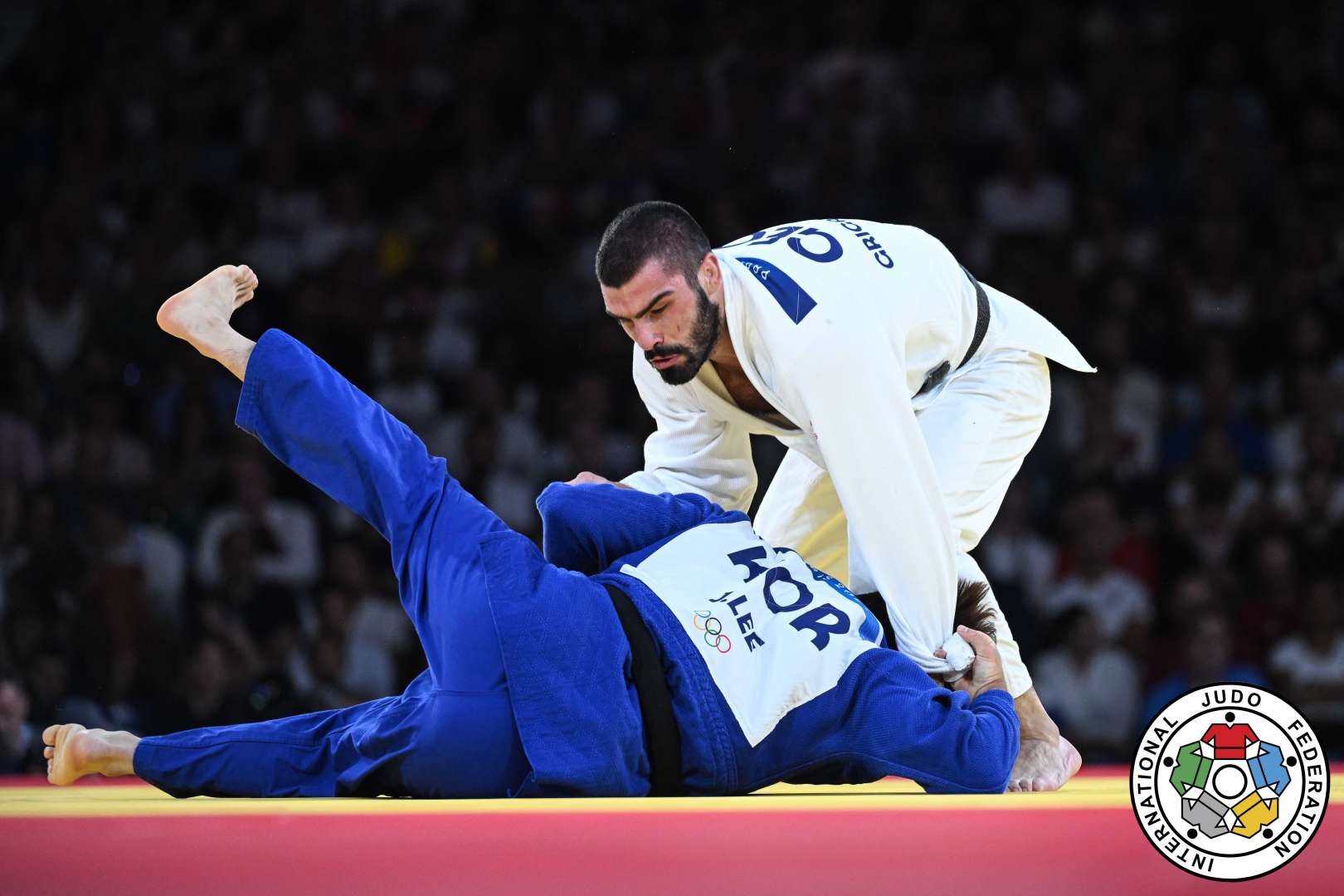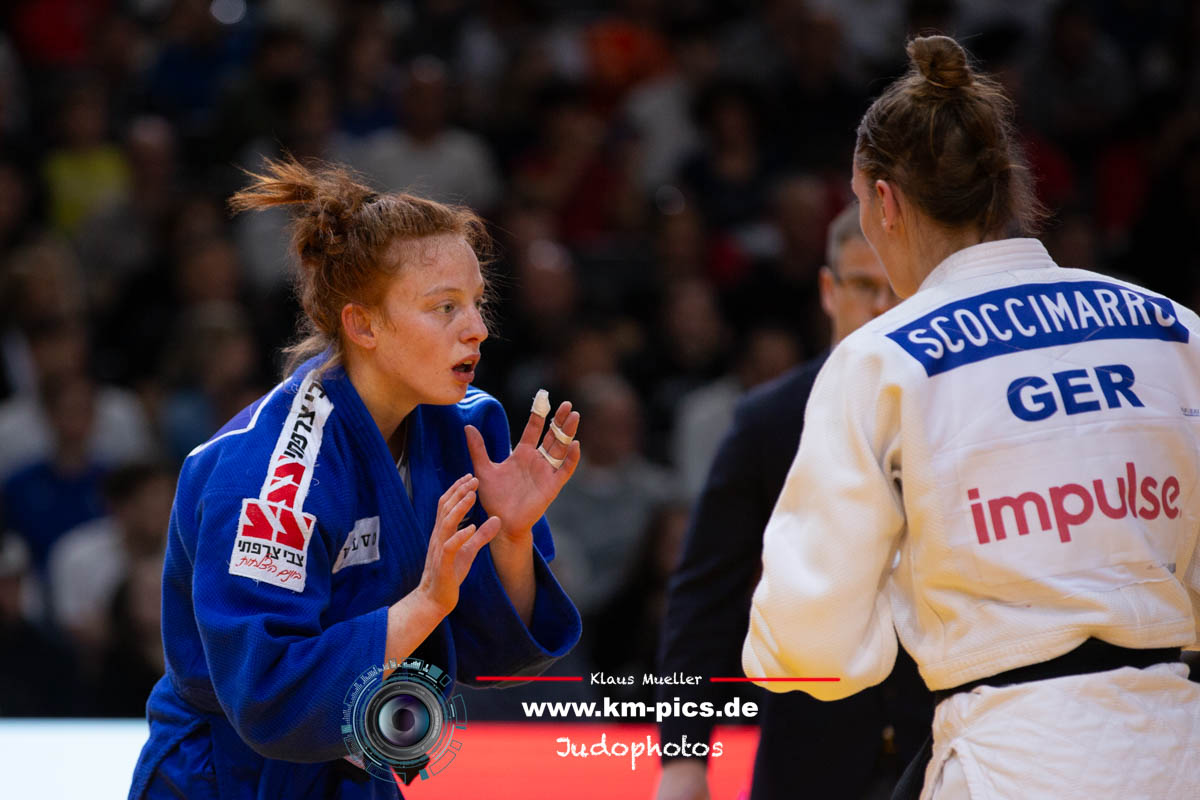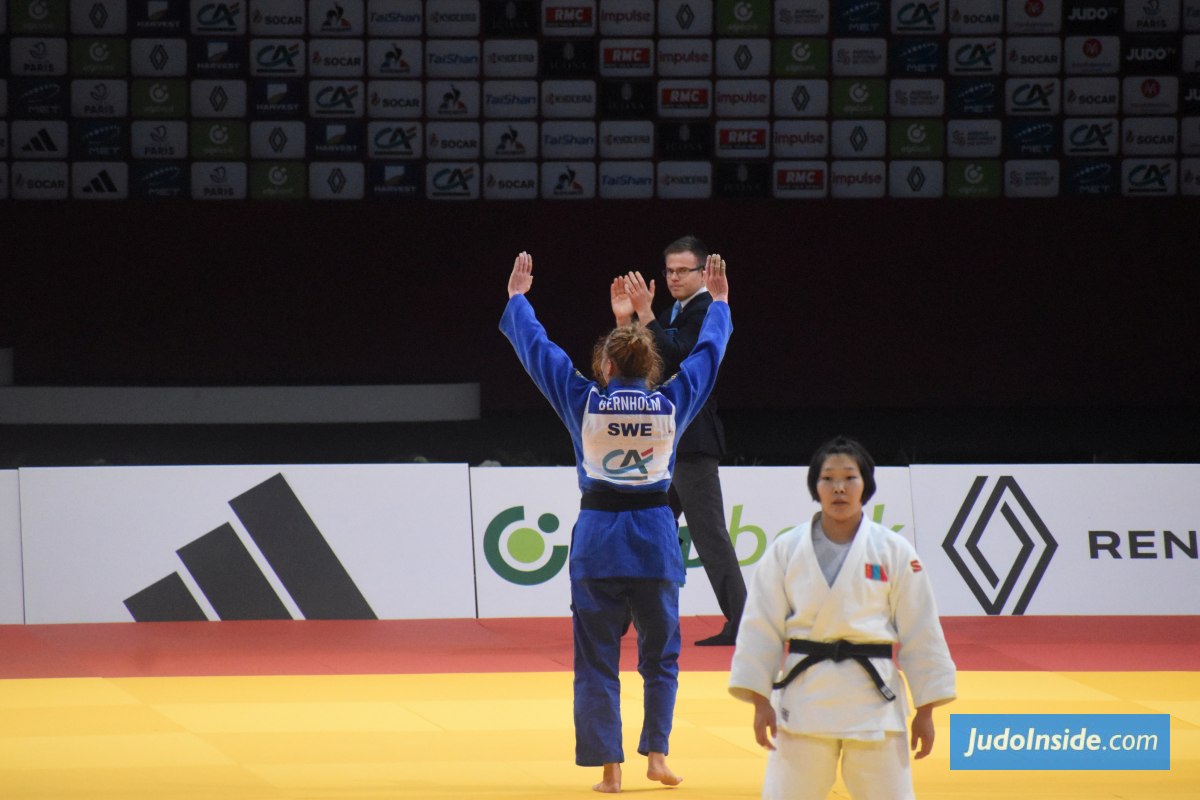Toma Nikiforov: I will be 100% ready for the Games
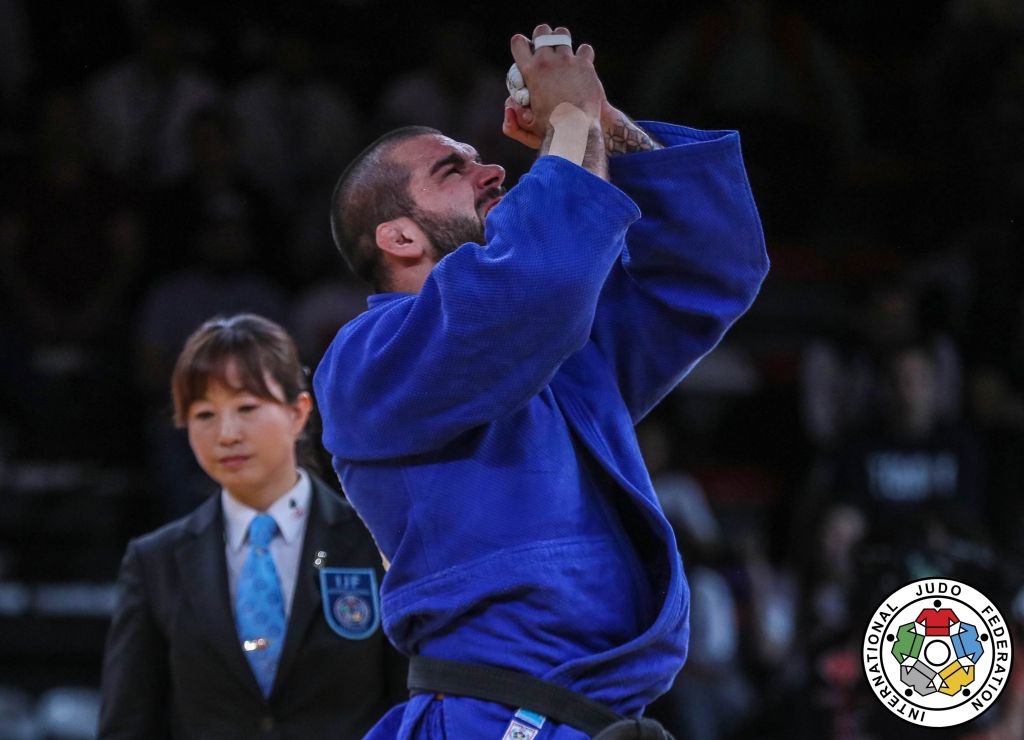
 11 Jun 2020 09:40
11 Jun 2020 09:40
 Andy Wheeler and JudoInside
Andy Wheeler and JudoInside
 IJF Gabriela Sabau / International Judo Federation
IJF Gabriela Sabau / International Judo Federation
More than ten years ago Toma Nikiforov took the EYOF title in Tampere, a good sign after his silver at the European cadets. The same year he captured Silver at U90kg in the first World Championships ever held for cadets. His category mainly dominated by young Eastern European athletes. This Belgian lowlander could mix it with the highlanders. His Bulgarian background standing him in good stead. His unorthodox style had Slavic influences, already his Ura Nage was spectacular.
We witnessed Nikiforov's medals at Junior European Championships in Porec and Sarajevo and Junior Worlds in Ljubljana, continuing to decorate his career in various colours.
Toma reached the upper echelons in 2015 in Astana with bronze and surprisingly fought Teddy Riner at the 2017 World Open Championships in Marrakech.
We watched him in 2018 when he beat Cyrile Maret of France at the European Championships in Tel Aviv. Over the years we saw him winning the Grand Prix’s in Havana and Düsseldorf.
Competing against the Worlds best for ten years, has taken a toll on his body.
Coming back from two heinous shoulder dislocations, to attack his first priority of a place at the Tokyo Games, gives an indication of his redoubtable spirit.
Once a place guaranteed, you can bet his next sight will be set on Gold.
Judoinside spoke with Toma Nikiforov, to see how progress was going in the final run up to what has become Tokyo 2021. Time for the big interview with Nikiforov, time for a new start.
From his roots to his regimen, his recovery to his route to redemption. As he aims to once again cement his position at the top of the tree.
JIC: You haven’t competed in a long while, I heard you were injured. How did the injury happen and how are things now. Are you recovered?
TN: Yes you heard right, I haven’t competed since the 2019 European Games in Minsk. At that tournament, I sustained a serious injury in my repechage match against Daniel Mukete. I totally dislocated my shoulder.
Ten days later I underwent surgery and the operation went well. In no time at all I was doing physiotherapy to aid recovery. I was back in top condition and doing randori only three months after surgery, looking forward starting the preparation for my competitive comeback.
My first competition back was scheduled to be in Australia, in the last randori of the final training session before departure, I dislocated my other shoulder. I was disappointed but not perturbed. That’s life sometimes, especially judo life.
Again I was on the treadmill of operation, recovery, rehabilitation. This time once put back together, I went with the Olympic Belgian team to Turkey for a “special” training camp.
I was with the physio every day for four hours, also having two sessions a day with my coach, conditioning etc.
They were tough sessions, long hard days I was happy to climb into bed at the end of.
After this I went to Bulgaria for a month’s preparation in the mountains. All of the best Bulgarian judoka were there, as well as Serbians like Aleksandar Kukolj and some Moldovan boys including Denis Vieru.
A good friend of mine, Bulgarian Daniel Dichev, traveled all the way from Tokyo where he now resides, especially to help me prepare. As you can imagine, there was an abundance of quality randori partners.
JIC: Can you elaborate on the rehabilitation regimen you implemented?
TN: It started the day after the operation, with small exercises at home alone. After four or five days I began with the physiotherapist. A specialist for judo, after all we’re not normal, haha. I was occupied with my shoulder at least four hours a day, training legs in tandem.
JIC: Some athletes never recover from such a serious injury, what was your reaction towards it and how was your mindset during the subsequent rehabilitation?
TN: I tried every day to stay positive which is not always easy. Most of the time you are in pain, at times agony, but you fight through it, transforming the suffering into motivation for my next opponent.
JIC: Are you currently self-training at home?
TN: It’s been complicated, the country has lost many people during the Covid 19 crisis. A lot of people have died. My training has not been up to my usual standards but fortunately my coach and I had a gym and a dojo opened for us.
I’m lucky to continue training along with my brother, he’s my size and a good standard so it’s close to perfect under the circumstances.
JIC: You have Bulgarian roots and I’ve heard you used to live above a dojo. Is it true your father was a judoka and can you elucidate on how you got started in judo?
TN: I was born in Belgium and did indeed at one time live above a dojo. When my parents first came to Belgium in 1991, the President of my club Royal Crossing Club De Schaerbeek, welcomed them with open arms as he knew my father was a good judoka from the Bulgarian national team.
I came along two years later and have always had contact with judo.
JIC: With Bulgarian parents, growing up in Belgium with Belgians whose multilingualism is woven into the cultural fabric. How many languages do you speak.
TN: At home we speak Bulgarian but we live in the French speaking part of Belgium.
JIC: What’s the set up like nationally, do the top athletes train remotely at their own clubs or do they attend a National Training Centre.
TN: Belgium has two federations and they both train apart. Once a week we have a national training session and we all train together, once a week I spend at my club and the rest of the time with my federation.
JIC: Before your injuries, how often did you train, how many times per day and how did you mix it up. How much randori was apportioned and is there usually enough partners large enough and of a level to tax you.
TN: From Monday to Friday we train twice a day. On Saturdays I have one session, Sunday being a day of rest.
I generally do six or seven judo specific sessions, Two or three gym sessions and some cardio.
Where I’m at in the calendar determines the specificity of the workouts. Sometimes it’s more, other times less. I try to maintain a good level of fitness always, aiming to peak for the big events.
As for partners, at home there’s never enough, but once normality resumes, there’s so many camps and competitions around the world to hone my skills.
JIC: Because of your absence from competition through injury, you weren’t qualified for the Olympics. Now that you have another year to prepare, do you see this as a second chance.
TN: I have mixed emotions. On the one hand, waiting is hard because they cancelled all of the tournaments I hoped to gain points in. On the other, this postponement gives me the opportunity to be 100% going into the pre-Olympic cycle.
JIC: I remember looking back to the 2015 World Championships, your hand was damaged in the fight with Maret for Bronze. What caused that, was it a flare-up of an old injury. Many people in that position would quit, why did you keep fighting although you could no longer grip up?
TN: That was my sixth fight in a long day. In my repechage match I started to get cramps in my forearms and fingers. Because of it, two of my fingers kept dislocating the entire contest, it started with the first Hajime.
My mind was on one thing and one thing only, finishing the match as quickly as possible with Ippon. Forfeiting was never an option. My coach encouraged me the entire match, his belief in me solidifying my own. It was a crazy win.
He helped a lot. Having the right man in your corner goes a long way.
JIC: In 2017 at the World Open, you took on Teddy Riner for Gold. How did it feel to fight in the Open and what was the Final like with Riner. Was his size and strength a factor from the outset and given the opportunity, would you fight in an Open championships again?
TN: It was a nice experience for me. I fought against Riner and Mikhailin that day, thirteen Worlds Gold medals between them.
The strength of Riner lies not only in his power and presence, but how he uses that to his advantage. It’s incredible.
I have fought many times with him at camps in training but in competition he is a different animal. He just wants to win.
As for any future Open events, sign me up, I love to fight, to compete, it’s my passion no matter the category.
JIC: Did you see Teddy’s last performance in the Paris Grand Slam? Do you think he’s slowed down and if so, would you put that down to his lack of competitive matches?
TN: Riner and his team know what they’re doing. Thats a difficult question to answer as nobody has had the career of Teddy. From their point of view, it’s better to lose in a Grand Slam than at the Olympics.
Believe me he is smart, he’ll make any small adjustments necessary to find success, I would not bet against him.
JIC: During your convalescence, did you watch the Grand Slam and Grand Prix you missed, do you watch judo on youtube?
TN: Whether injured or not, come rain or shine, I watch judo all the time, it’s my life, my passion, my drug of choice.
JIC: Are there any players, male or female, any category, who you admire and if so, why?
TN: I respect everybody but admire nobody. I can learn something from all of them, that’s why judo interests me so much.
JIC: At twenty seven years old, how long do you see yourself continuing to compete?
TN: For as long as I have good health and I’m enjoying it.
JIC: How important is it for you to win a World Championships and Olympic Gold.
TN: It’s simple, it’s my life, Ive been dreaming about that since I was a child.
JIC: Looking beyond your competitive career, what interests do you want to pursue in the future?
TN: I want to coach, naturally.
JIC: Finally, what does judo mean to you?
TN: Judo is everything, I’m Toma Nikiforov because of judo, it’s who I am. It’s like a third parent.
 like
like
 share
share
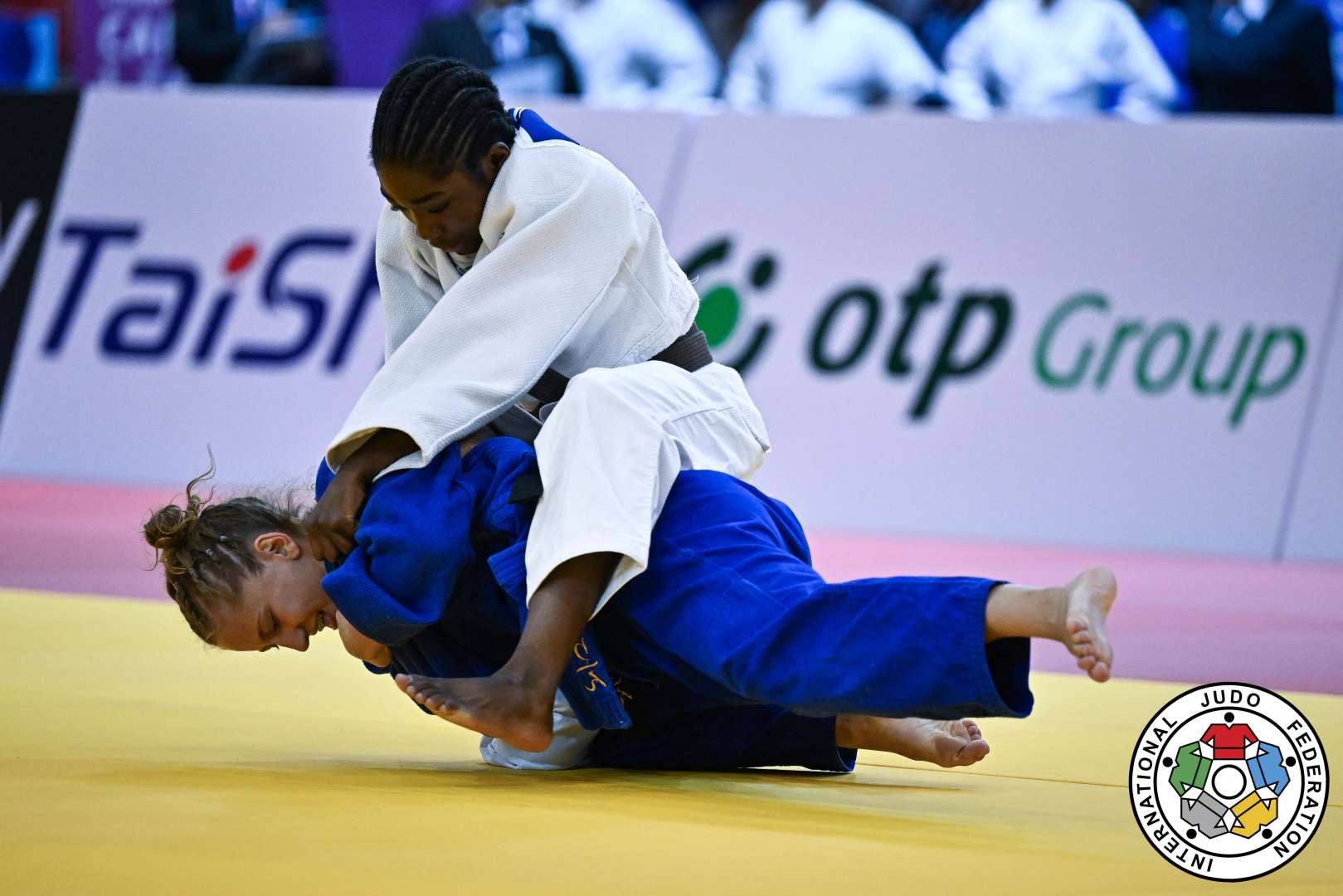
| Result | City | Date |
|---|---|---|
| 2 | Paris | 2024 |
| 1 | Abu Dhabi | 2024 |
| 1 | Zagreb | 2024 |
| 3 | Belgrade | 2023 |
| 2 | Montpellier | 2023 |
